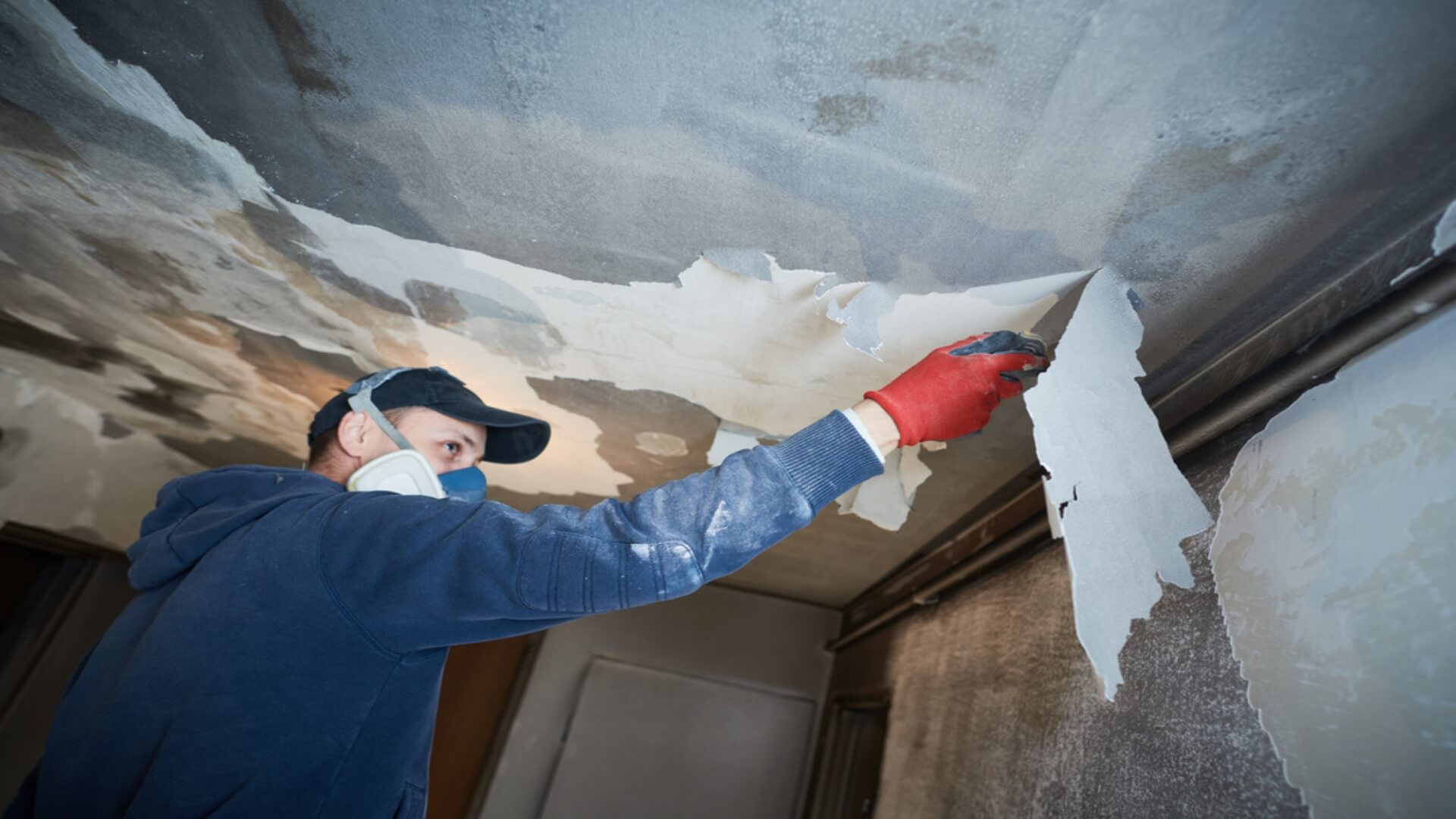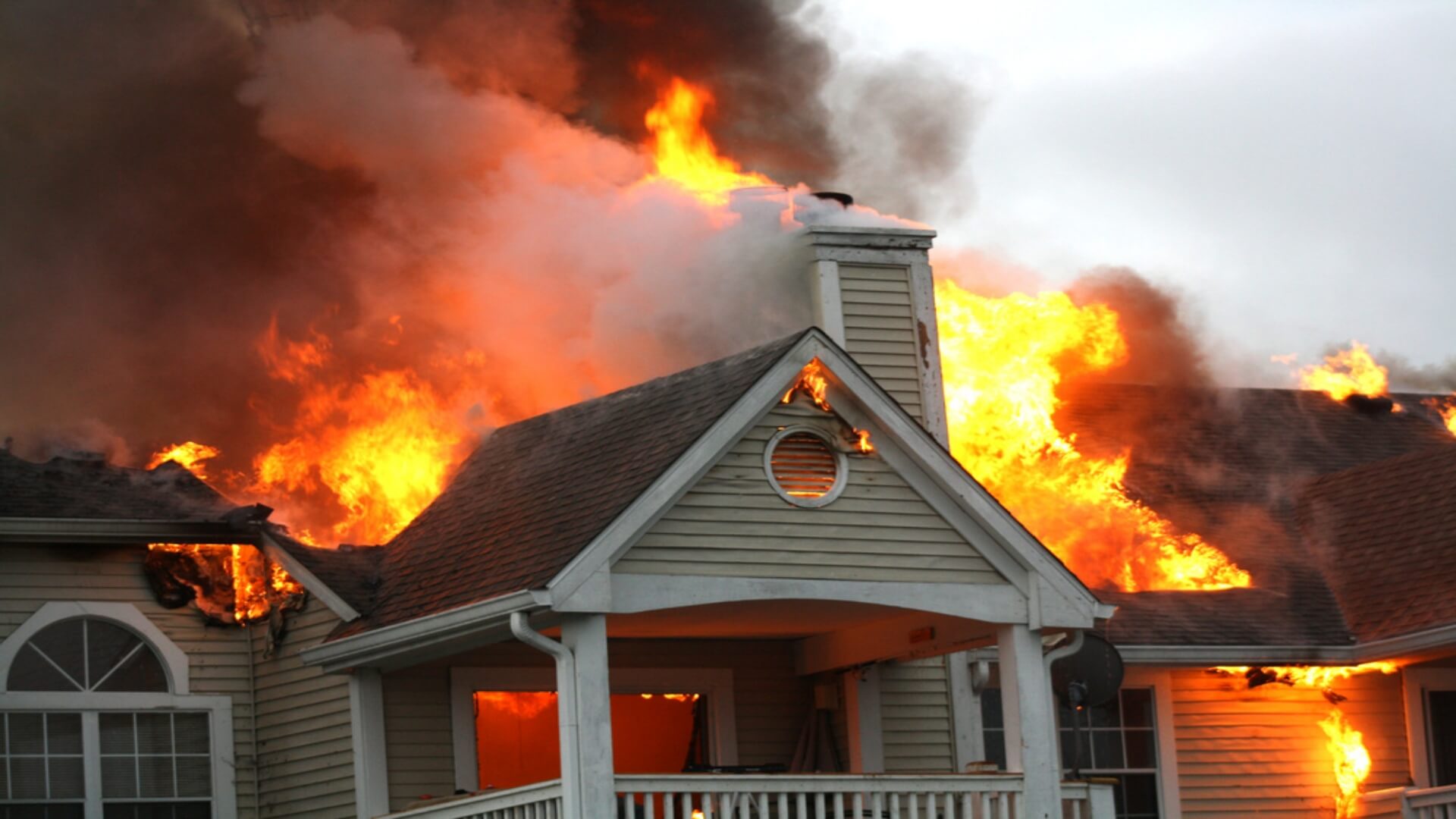Damages from a fire can be devastating, but attending to it is critical to get your life back on track. Seeing what you can do for your home to prevent further damage immediately is vital. While it’s tempting to handle the situation on your own, you should work with professionals so they can get a good look at your home.
These building professionals have procedures to ensure your house is safe to live in. Before they arrive, here are a few things you must and mustn’t do to avoid further complications.
1. Do Turn Off Your Heating Or Cooling System
Shutting down the heating or air conditioning after a fire ravages your home is critical. The system uses the air duct to distribute air throughout the house. The rise in temperature, smoke, soot, and toxic gasses can spread through the home.
These spreading gasses cause more problems and put your family’s lives in danger. If there’s an active fire, the duct could make it worse by supplying it with fresh oxygen, making the fire bigger.
The smoke is potentially the most dangerous as it kills more through inhalation. There are more smoke inhalation casualties than those who suffered from burns. Inspect the fire or wait for a professional to do it for you.
You must also remove the filter if you use a heating, ventilation, and air conditioning (HVAC) or an individual air conditioning system. Fortunately, service providers like Summit Facility Services can help you restore your home after a fire.
2. Do Make Safety Your Priority
A fire can leave so much damage that it can make a home too dangerous. Stay away from the devastation and only enter once a professional has given you the go-ahead. Structural damage can make your home unstable, and falling objects can injure you. There’s also a chance a fire can start once more.
Check your family members and pets and attend to their needs instead of fussing over the house. If you’re also inside, soot is more likely to scatter over carpeting, curtains, and furniture. If the house is not too damaged, you can lay fresh towels onto the dirt so residue won’t fly everywhere. Also, keep your hands clean to avoid causing any more damage.
3. Do Create A Report
If you’ve saved your camera phone, take photos as evidence of the damage. But don’t enter the house as it could be dangerous. You might also need to make descriptions of the areas or fixtures the fire damaged for fixes and replacements, especially for roofs.
Online correspondences are also important, specifically with your insurance agent or restoration contractors. Keep receipts and other documents on hand. You’ll need this to get compensation from your insurance company. The evidence you gather must show the fire damaged your home.
4. Don’t Use Any Appliance Or Electronics
Avoid using any electrical equipment in your home after the fire. That includes your television, computer, sound systems, and more. You’d want to have them professionally checked and cleaned first. Professionals will first try to salvage what they can by getting them out of the area for assessment.
They’ll need to see how much damage the fire, smoke, and water did to the items. Some might require only cleaning, so you won’t have to replace them. Avoid using ceiling fixtures like lighting because they might’ve gotten wet from broken plumbing upstairs or firefighter hoses.
5. Don’t Wash Anything In The House
If you have home or fire insurance, try not to touch anything in the house. Wait before washing anything. That includes the walls, ceilings, and other surfaces that absorb water.
The insurance company will need to see your home and make an assessment. The insurance coverage will kick in if the representative sees that your home does qualify for compensation.
The assessment also provides a pay-out to cover losses so you can replace damaged items in the house beyond saving. Make sure you have enough coverage to help restore your home when needed.
6. Don’t Stay Too Close To The Carpet And Upholstery
If you think your couches and curtains are still okay to use, think again. Smoke has likely clung to the surface of these items. They can harm your health due to their acidic content.
Depending on the intensity and makeup of the fire, smoke can contain various acids, sulphurs, and carbons. You and your family could inhale them if you insist on using them after a fire. If you spot the following items, don’t touch them until the restoration professionals can clean them:
- Upholstery and curtains: Vulnerable to smoke and can be damaged with improper cleaning.
- Carpets and rugs: Might sustain straining. However, the professionals can still save them if attended to as soon as possible.
- Clothing: Might get damaged by soot and requires a unique cleaning process to prevent permanent staining.
- Furniture: Will need a proper cleaning agent to avoid smoke damage
It’s essential to leave the cleaning process to the professionals. They have the tools and expertise when it comes to fire damage.
Takeaway
Fire damage can destroy your home and, if it stays intact, will retain soot, smoke damage, and other residues. Realising that some things you can do are beyond your control is essential.
It’s best to leave the restoration to the professionals because they know more about handling and cleaning your home. But before you request a service, call your insurance company first so they can analyse the extent of the damage.
































